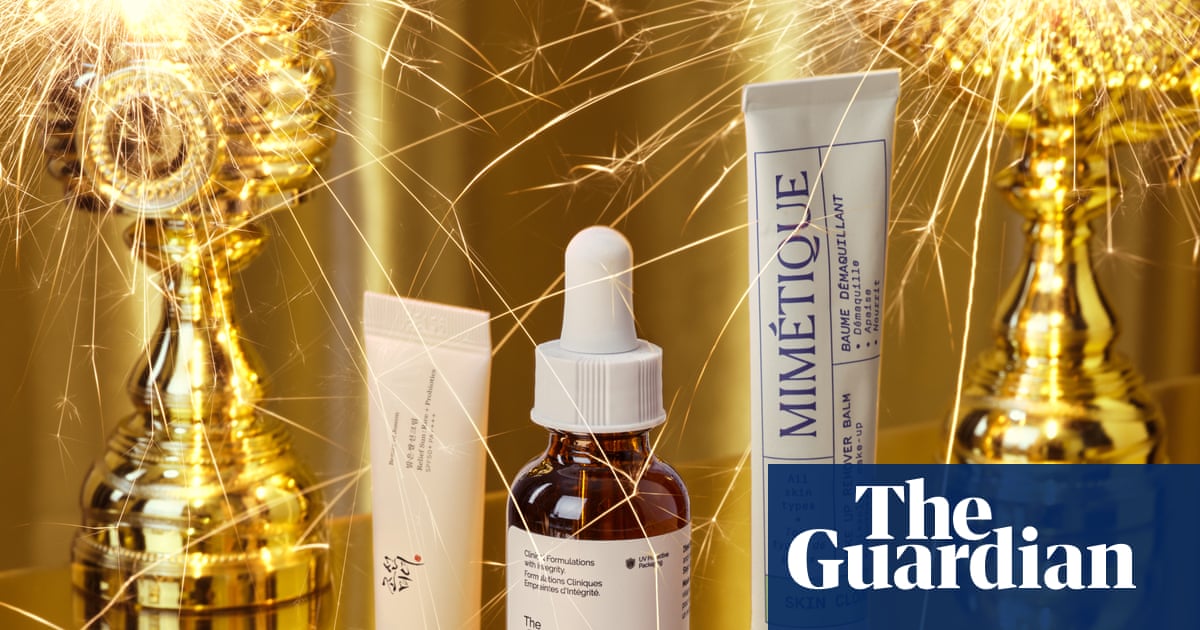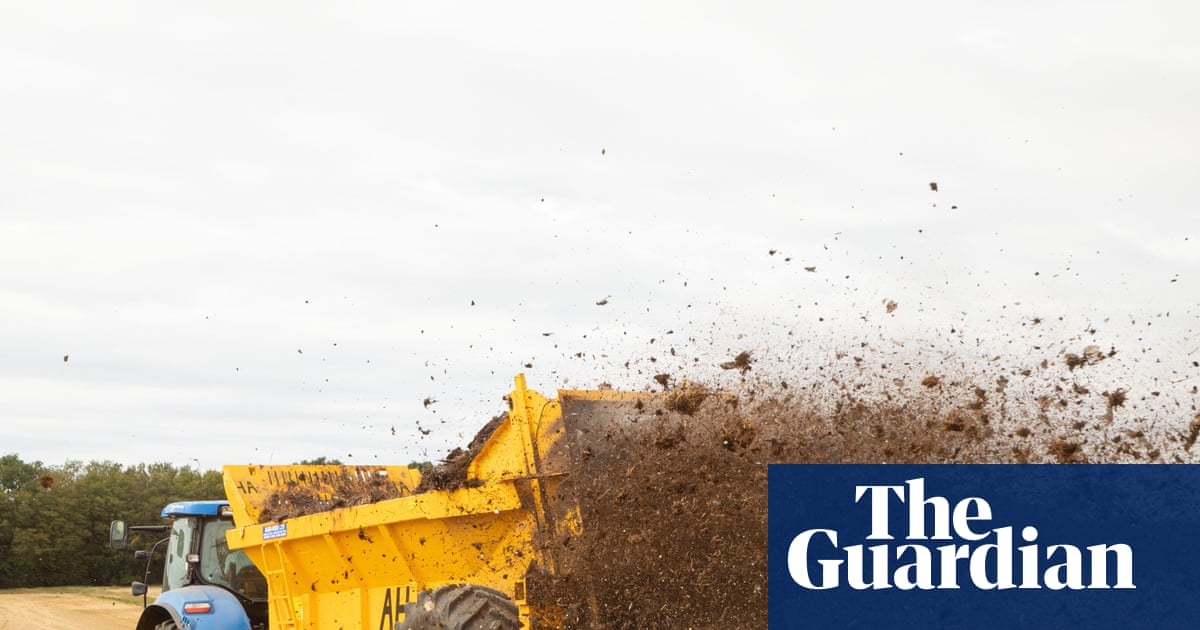Thousands of people are taking legal action against pharmaceutical company Johnson & Johnson, claiming it knowingly sold asbestos-contaminated talcum powder in the UK.
As many as 3,000 people have alleged that either they or a family member developed forms of ovarian cancer or mesothelioma from using Johnson’s Baby Powder, and are seeking damages at the high court in London.
Lawyers for the group said in court documents filed on Thursday that Johnson & Johnson, along with current and former subsidiaries Johnson & Johnson Management and Kenvue UK, should all be held liable.
They said J&J “concealed” the risk to the public for decades, having replaced talc with corn starch in its baby powder in the UK since 2023.
A spokesperson for Kenvue, which was formerly J&J’s consumer health division and now has responsibility for talc-related claims outside the US and Canada, said the talc used in baby powder complied with regulations, did not contain asbestos and does not cause cancer.
Talc is a naturally occurring mineral that is mined from the earth.
Michael Rawlinson KC, for the group of people bringing the claim, said in court documents that “there exist very few, if any, commercially exploited talc deposits in the world which do not contain asbestos and that all of the mines supplying the defendants contained asbestos”.
He also said that reports from such mines, as well as its own research alongside existing scientific literature, would have informed J&J about asbestos contamination.
Despite this, the company “suppressed information that might indicate that baby powder was contaminated with asbestos”, the barrister added.
He also said J&J “lobbied regulators” to enable the continued sale of its product and sponsored studies in an effort to “downplay the dangers” to human health.
J&J therefore “acted in bad faith, to protect the reputation and profit-making potential of baby powder and the goodwill attached to their name”, Rawlinson said.
J&J denies the allegations, including any claims it knowingly sold baby powder contaminated with asbestos.
Janet Fuschillo, who is one of the people bringing the case, said she used J&J’s baby powder since the 1960s, and that she was diagnosed with ovarian cancer seven years ago.
The 75-year-old said: “I used talc on myself and all four of my children … I used talc when I changed nappies, after baths, all the time, for close to 50 years.
“It’s a source of great concern and anger that I used talc on my children.”
Patricia Angell said her husband, Edward, died in 2006 aged 64, a few weeks after being diagnosed with mesothelioma.
She described him as a “perfectly fit, healthy man” who worked as an electrician and who knew about asbestos.
She said: “When he fell ill the doctors asked him if he ever came into contact with asbestos and he told them he never had.
“He would come home from work and shower every day and use J&J’s talc … Talc was mentioned on Edward’s autopsy report, along with asbestos strains found in contaminated talc.”
She added that her husband had been “robbed” of 19 years of life her children of a father.
Mesothelioma, a form of cancer, is almost always caused by asbestos exposure, according to the NHS, and it commonly forms in the lungs after people inhale the microscopic fibres.
Rawlinson said the method of application of the baby powder - squeezing or shaking the bottle - meant that “clouds” of powder hung in the air “for a very long time after use” and were inhaled by the person using it.
A Kenvue spokesperson said: “We sympathise deeply with people living with cancer. We understand that they and their families want answers – that’s why the facts are so important.
“The safety of Johnson’s Baby Powder is backed by years of testing by independent and leading laboratories, universities and health authorities in the UK and around the world.
“The high-quality cosmetic grade talc that was used in Johnson’s Baby Powder was compliant with any required regulatory standards, did not contain asbestos, and does not cause cancer.”

.png) 1 month ago
67
1 month ago
67

















































